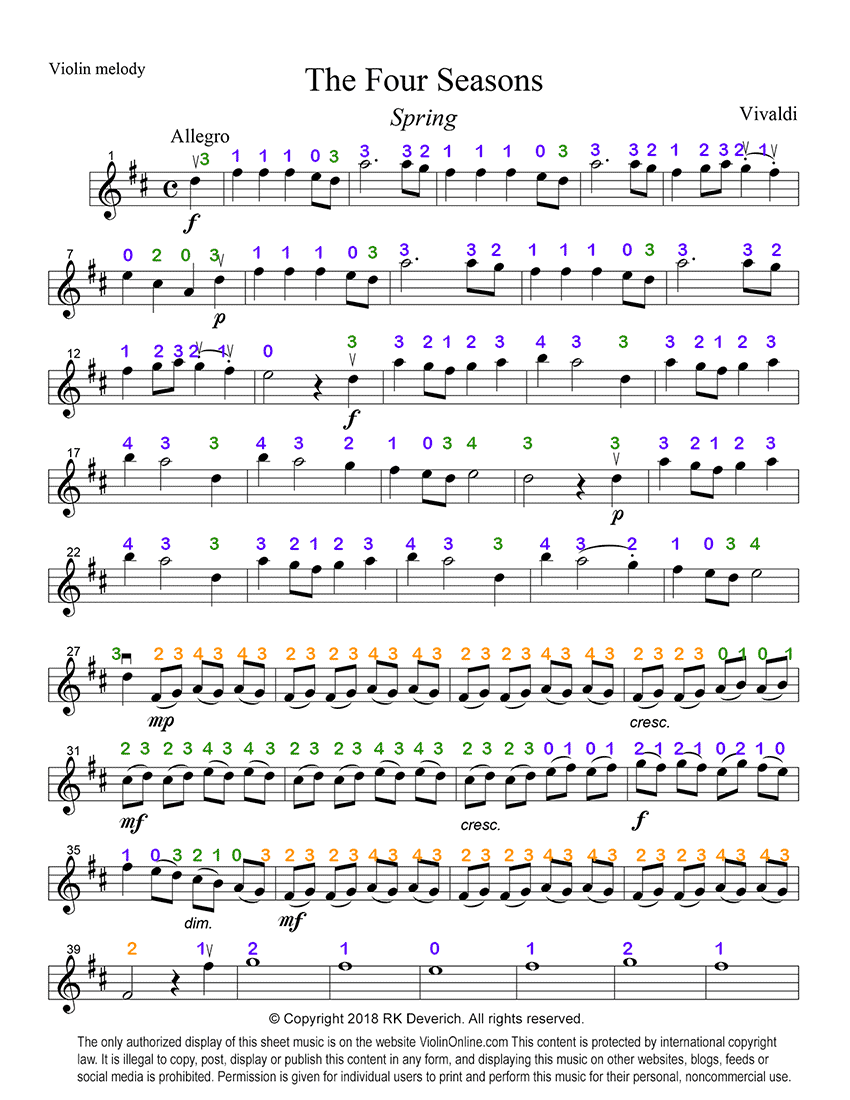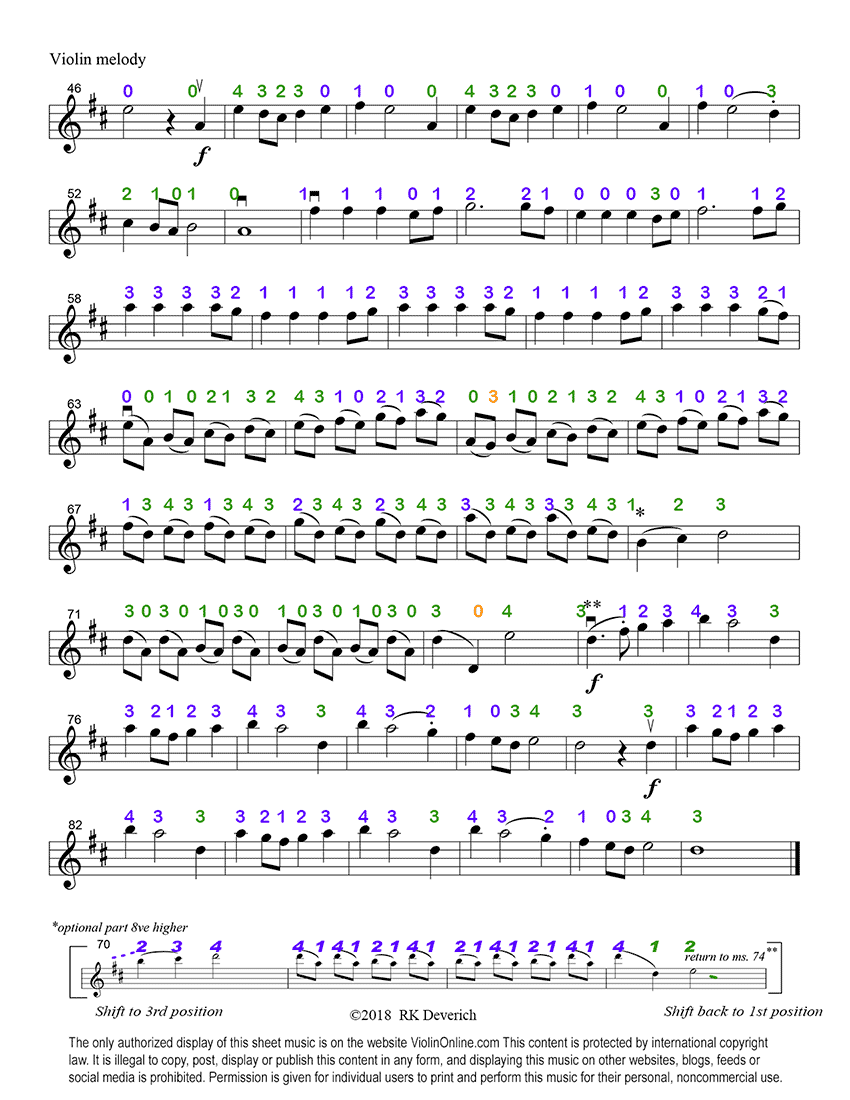See the dynamics chart below for a brief overview of common dynamic symbols:
Dynamics Chart
| Notation | Name | Definition |
|---|---|---|
| Dynamics | Dynamics is a term that indicates the degree of loudness or softness in music. The following commonly used dynamic terms are listed in the order of softest to loudest.* | |
 |
Pianississimo | As soft as possible |
 |
Pianissimo | Very soft |
 |
Piano | soft |
 |
Mezzo piano | Moderately soft |
 |
Mezzo forte | Moderately loud |
 |
Forte | loud |
 |
Fortissimo | Very loud |
 |
Fortississimo | As loud as possible |
*Although dynamics softer than ppp or louder than fff are theoretically possible, in actual practice, they are rarely used.





